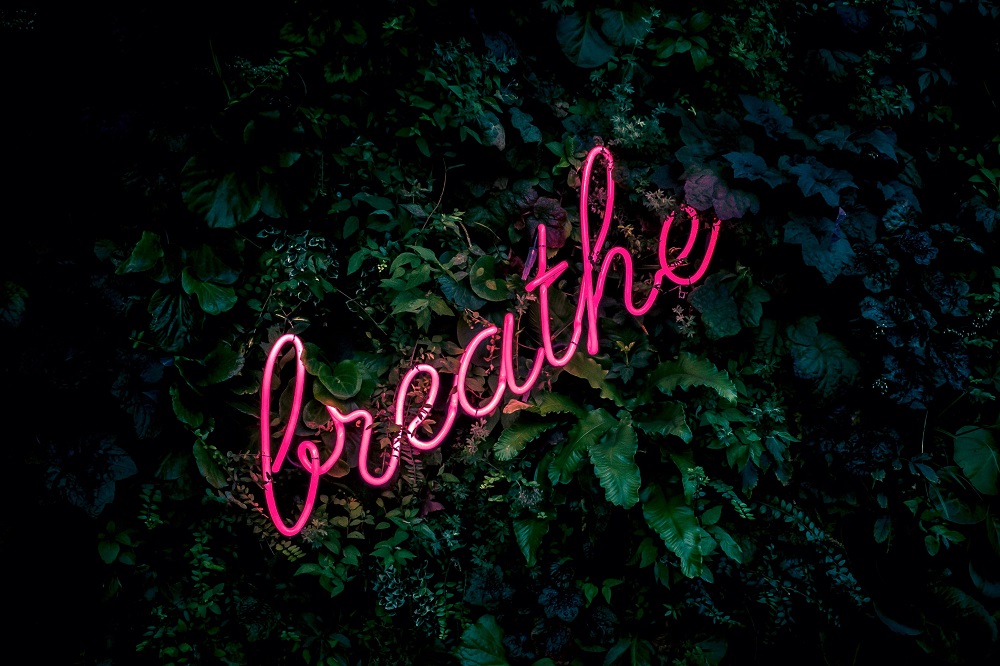
28 Apr The Demand for & Benefits of Mindfulness During this Time
‘Unprecedented’ seems to be the word of 2020 thus far, since people have no idea when this is all going to end, or the real nature of the outcome that is going to unfold within our communities, our society and our economy. This collective uncertainty is inevitably bringing about new levels of fear, anxiety and depression for many people around the world. However, there are various tools available to assist us in coping with these states during this time, which people are seeking out now more than ever.
One only needs to consider the increase of a whopping 1.3 million people to Yale’s online course, ‘The Science of Well Being.’ To put this into perspective, 500 000 learners had signed up for the course up until December 2020, but in 3 weeks this figure almost tripled (a 295% increase) with numbers continuing to grow on a daily basis, and the enrolment page receiving 13 million views. Yes, people are stuck at home with more time on their hands… but with a seemingly infinite number of online resources and topics to choose from out there, it is clear that people are recognising the need, some even craving, mindfulness related practices in their lives to keep their mental well-being in check.
Mindfulness is defined as ‘a mental state achieved by focusing one’s awareness on the present moment, while calmly acknowledging and accepting one’s feelings, thoughts, and bodily sensations without judgment, used as a therapeutic technique.’ Bringing about that awareness and acceptance goes hand-in-hand with, and can be achieved through, meditation, Yoga, journaling, and gratitude visualisation to name a few.
All of these mindful practices, especially when done in cohesion with one another, have the ability to alleviate undesirable feelings and the worrisome state of mind that current daily life lends itself to. By habitually incorporating these practices into our routines we enable our inherent ability to stay present, remain (mostly) rational in thought and emotion, and arm ourselves against the unavoidable negativity and harshness that the current situation emanates for many. It’s not about ignoring reality, but rather perceiving it through a different lens, absorbing it through more compassionate mental and physical pores.
As the definition suggests, the therapeutic benefit that stems from mindfulness practices allows us to not only process and move beyond our thoughts, feelings and physical/bodily sensations, but also, to better understand the intricacies of how they influence each other on a deeper, more intrinsic level, allowing us to notice what the triggers are and therefore train the mind to react and act accordingly; hopefully in a less negative and self-destructive way.
YOGA
Yoga involves deep, conscious & rhythmic breathing while focusing on physical postures, and in doing so stilling the mind and bringing one back into the present moment. It’s a self-enriching practice whereby you remove yourself from outside noise and external distraction, to go inward, moving out of the mind and into the body – often considered a form of active meditation.
Meditation or ‘the act of focusing one’s mind for a period of time, either in silence or with the subtle aid of chanting (mantras), for religious or spiritual purposes or as a method of relaxation’ is incredibly invaluable, one of the best gifts one could allow themselves, particularly with the constant noise, the news, the subliminal messaging, not to mention the stress that comes with working from home during this time, and the uniquely dynamic challenges associated with being confined within the walls of our own home, alongside our loved ones who may also be experiencing the weight of difficulty during this time.
MEDITATION
Contrary to popular belief, meditation is not the unrealistic state of a completely clear mind, but rather the consistent practice of compassionate acknowledgment and acceptance of thoughts that arise, and finding stillness and connection to breath through doing so. It should appear accessible to everyone, and there are so many incredible and holistic free and paid-for apps or platforms one can engage with in order to provide some guidance through the process. If you are looking for an app to kickstart or enrich you personal meditation, I would recommend ‘Headspace’ for newbies, Insight Timer for people who have experience and want to delve into more complex meditative concepts and Calm for everyone who doesn’t mind paying for an app that offers a little extra (including sleep stories and kid’s stories).
REFLECTIVE JOURNALING & GRATITUDE VISUALISATION
Reflective journaling and/or gratitude visualisation is yet another great tool readily available for us to help process and overcome negative emotions through expelling them on paper. By writing down the thoughts that we’re currently experiencing, those that may be bothering us and thus inhibiting us from attaining stillness (tranquillity), the peace of mind found in awareness of the present moment (presence). This simple yet powerful act of writing down how we are feeling or about an incident or situation stealing our attention, allows us to take pressure off the mind to harbour those thoughts.
For many of us who have already incorporated some of these practices into our daily lives, these practices often tend to deepen and intensify. Those who invite this new way of not only coping, but of living and being, are sure to stick with them forever. Many are saying, and I like to believe, that perhaps this pandemic will become the much-needed catalyst for a huge change in human behaviour and awareness. One can only hope that this is indeed the tipping point in accelerating our collective consciousness, and a single moment in time that we could eventually regard as a ‘silver lining’ to this century’s unprecedented pandemic. After all, we could all do with a little positivity and hope right now.



No Comments